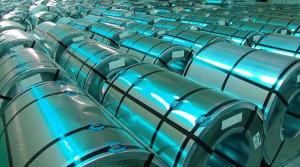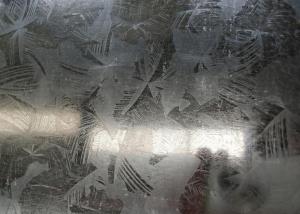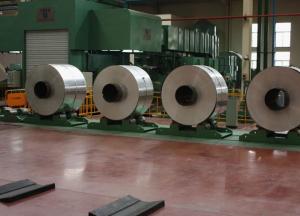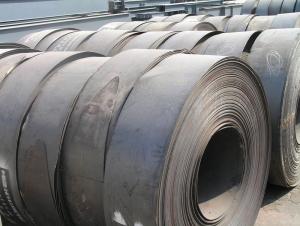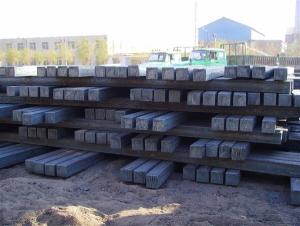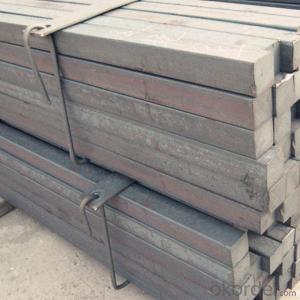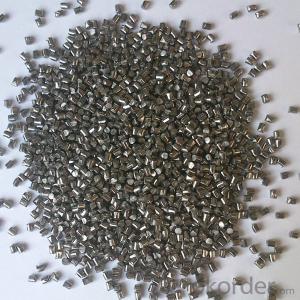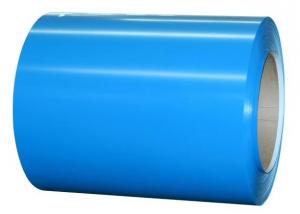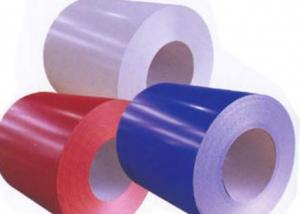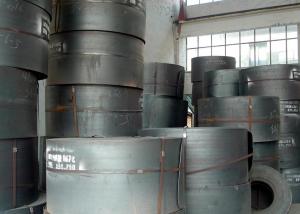Best Quality for Regular Spangle Hot Dipped Galvanized Steel Sheet
- Loading Port:
- China Main Port
- Payment Terms:
- TT or LC
- Min Order Qty:
- 50mt m.t.
- Supply Capability:
- 10000 tons per month m.t./month
OKorder Service Pledge
OKorder Financial Service
You Might Also Like
General Information of Hot Dip Galvanized Steel Coil
Hot-dip galvanized steel coils are available with a pure zinc coating through the hot-dip galvanizing process. It offers the economy, strength and formability of steel combined with the corrosion resistance of zinc. The hot-dip process is the process by which steel gets coated in layers of zinc to protect against rust. It is especially useful for countless outdoor and industrial applications.
Specification of Hot Dip Galvanized Steel Coil:
1. Thickness: 0.13mm-0.7mm
2. Width: 600mm-1250mm
3. Zinc Coating: 30-200g/m2
4. Internal Diameter: 508mm/610mm
5. Coil Weight: 3-12MT
6. Quality: commercial and structural quality
7. Surface Treatment: regular & minimum spangle, zero spangle, oiled & dry , chromated , non-skin pass ,skin pass
8. Standard: JIS G 3302, ASTM A 653M, EN 10327
9. Steel Grade: SGCC, CS, FS, SS, LFQ, DX51D+Z , S280GD
Technical Data of Hot Dip Galvanized Steel Coil
Chemical Composition | C | Si | Mn | P | S |
0.04-0.06% | 0.01-0.03% | 0.18-0.22% | 0.014-0.016% | 0.006%-0.009% |
Technical Data | |
Yield Strength | (Mpa) 280-320 |
Tensile Strength | (Mpa) 340-390 |
Elongation | 20%-30% |
Out-of-square | not exceed 1% Flatness |
Bow | 15mmmax |
Edge Wave | 9mmmax |
Centre Buckle | 8mmmax |
Bending At 180 Degree | No crack, purling and fraction |
Application of Hot Dip Galvanized Steel Coil
It can be widely used in transportation, light industry, civil usage and farming. It is also the perfect building material in construction for making roofing tile, steel profiles for wall partition, T-bar, studs, fireproof door, air conditioning duct and home appliance.
Package of Hot Dip Galvanized Steel Coil
Full wrapped with anti-damped paper inside, iron sheet wrapped outside, and bundled by iron strips.
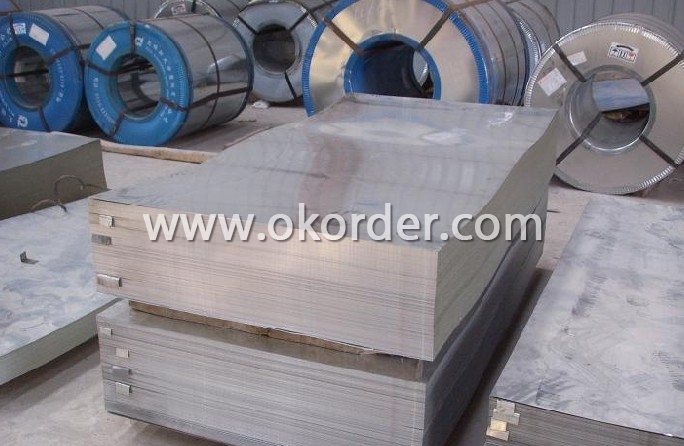
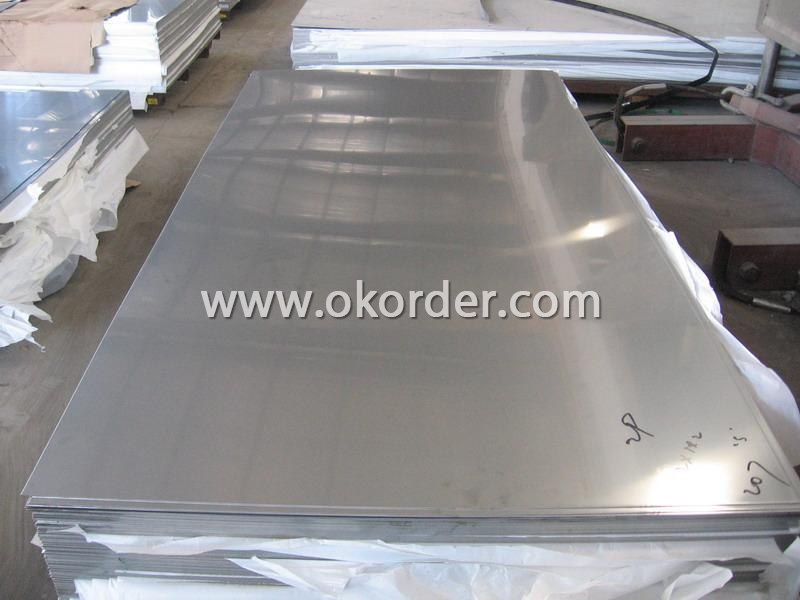
- Q:How is steel used in the manufacturing of HVAC systems?
- Steel is commonly used in the manufacturing of HVAC systems due to its strength, durability, and heat resistance properties. It is used to construct the framework, ductwork, and various components of HVAC systems to ensure structural integrity and longevity. Steel also helps in maintaining proper air distribution and can withstand high temperatures and pressure, making it an essential material in the manufacturing process.
- Q:How does steel pipe threading for fire sprinkler systems work?
- Steel pipe threading for fire sprinkler systems involves the process of cutting threads onto the ends of steel pipes to create a tight and secure connection between the pipes and fittings. This threading allows for the easy installation and assembly of the fire sprinkler system components, ensuring a reliable and leak-free system.
- Q:What are the common types of steel products used in the e-commerce packaging industry?
- The common types of steel products used in the e-commerce packaging industry include steel strapping, steel banding, steel clips, steel seals, and steel wire.
- Q:What are the factors to consider when selecting the right type of steel for a specific application?
- When selecting the right type of steel for a specific application, several factors need to be considered. These factors include the required strength and hardness of the steel, its corrosion resistance properties, the temperature and environment in which it will be used, the desired formability and weldability, as well as cost considerations. Additionally, factors such as the required size and shape of the steel, its machinability, and any specific industry standards or regulations that need to be met should also be taken into account. Ultimately, selecting the right type of steel involves evaluating all these factors to ensure that it meets the specific requirements of the application in terms of performance, durability, and cost-effectiveness.
- Q:What are the advancements in steel product technology and materials?
- There have been numerous advancements in steel product technology and materials, including the development of high-strength steel, advanced coatings and surface treatments, and improved welding techniques. These advancements have led to stronger, more durable steel products that can withstand harsh environments, provide better corrosion resistance, and offer enhanced performance in various applications. Additionally, advancements in steel manufacturing processes have allowed for increased precision, faster production speeds, and improved efficiency, making steel a versatile and cost-effective material in a wide range of industries.
- Q:What are the different types of steel forgings and their applications in the defense industry?
- There are several different types of steel forgings used in the defense industry, each with its own unique properties and applications. Some common types include: 1. Carbon Steel Forgings: These are made from carbon steel and are known for their strength, durability, and resistance to wear and tear. They are commonly used in the manufacturing of artillery, tanks, and armored vehicles. 2. Alloy Steel Forgings: These are made by adding other elements such as chromium, nickel, or molybdenum to carbon steel, resulting in improved strength, toughness, and corrosion resistance. Alloy steel forgings find applications in the production of aircraft components, missile systems, and submarine parts. 3. Stainless Steel Forgings: These are highly corrosion-resistant and offer excellent strength and heat resistance. They are widely used in the defense industry for manufacturing firearms, ammunition, and small precision components. 4. Titanium Forgings: While not technically a type of steel forging, titanium forgings are commonly used in defense applications due to their lightweight yet high strength characteristics. They are used in the production of aircraft structures, missile components, and armor plating. Each type of steel forging has its own specific application in the defense industry, depending on the desired properties of strength, durability, corrosion resistance, or weight reduction. These forgings play a critical role in the manufacturing of various defense equipment, ensuring their reliability and performance in the most demanding conditions.
- Q:What are the different types of steel reinforcement used in construction?
- There are several types of steel reinforcement used in construction, including rebar (reinforcing bar), welded wire mesh, and steel fibers. Rebar is commonly used in concrete structures to provide tensile strength and prevent cracking. Welded wire mesh is a grid-like material made of steel wires welded together, which helps distribute stress evenly and provide structural support. Steel fibers, on the other hand, are small, discrete lengths of steel that are added to concrete to enhance its strength and durability. Each type of steel reinforcement has its own advantages and is used based on the specific requirements of the construction project.
- Q:What are the uses of steel in the construction of airports?
- Steel is widely used in the construction of airports due to its strength, durability, and versatility. It is used for various purposes such as structural framing, roofing, cladding, and reinforcement. Steel provides the necessary strength to support the weight of the airport's infrastructure, including runways, terminals, hangars, and control towers. It also offers resistance against extreme weather conditions and can be easily fabricated and customized to meet the specific design requirements of an airport. Overall, steel plays a crucial role in ensuring the safety, longevity, and functionality of airport structures.
- Q:What are the different types of steel wires and their applications in the telecommunications industry?
- There are several types of steel wires used in the telecommunications industry. Some common ones include galvanized steel wires, aluminum clad steel wires, and stainless steel wires. Galvanized steel wires are coated with a layer of zinc, which provides corrosion resistance. They are commonly used for overhead transmission lines and communication cables. Aluminum clad steel wires are made by covering a steel core with a layer of aluminum. These wires combine the strength of steel with the light weight and conductivity of aluminum. They are often used in the construction of overhead power lines and telecommunication cables. Stainless steel wires are known for their high strength and resistance to corrosion. They are used in the telecommunications industry for applications that require durability and reliability, such as guy wires for cell towers and suspension cables for overhead lines. Overall, steel wires play a crucial role in telecommunication infrastructure, providing support, strength, and conductivity for various applications in the industry.
- Q:How are steel products used in the construction of shopping malls and retail centers?
- Steel products are used extensively in the construction of shopping malls and retail centers due to their strength, durability, and versatility. They are commonly used for framing and structural purposes, providing a robust and stable framework for the entire building. Steel beams and columns support the weight of the structure and distribute it evenly, allowing for large open spaces and flexible layouts. Additionally, steel is used for roofing, wall panels, and cladding, providing protection from the elements while enhancing the aesthetic appeal. Overall, steel products play a crucial role in ensuring the safety, functionality, and appealing design of shopping malls and retail centers.
1. Manufacturer Overview |
|
|---|---|
| Location | Zhejiang, China |
| Year Established | 1999 |
| Annual Output Value | US$1 Million - US$2.5 Million |
| Main Markets | Europe; Africa; Mid East; Southeast Asia |
| Company Certifications | ISO9001;ISO14001 |
2. Manufacturer Certificates |
|
|---|---|
| a) Certification Name | |
| Range | |
| Reference | |
| Validity Period | |
3. Manufacturer Capability |
|
|---|---|
| a)Trade Capacity | |
| Nearest Port | Shanghai Port |
| Export Percentage | 41% - 50% |
| No.of Employees in Trade Department | 50-80 |
| Language Spoken: | Chinese, English |
| b)Factory Information | |
| Factory Size: | Above 100,000 square meters |
| No. of Production Lines | 5 |
| Contract Manufacturing | OEM Service Offered |
| Product Price Range | Average |
Send your message to us
Best Quality for Regular Spangle Hot Dipped Galvanized Steel Sheet
- Loading Port:
- China Main Port
- Payment Terms:
- TT or LC
- Min Order Qty:
- 50mt m.t.
- Supply Capability:
- 10000 tons per month m.t./month
OKorder Service Pledge
OKorder Financial Service
Similar products
New products
Hot products
Related keywords

